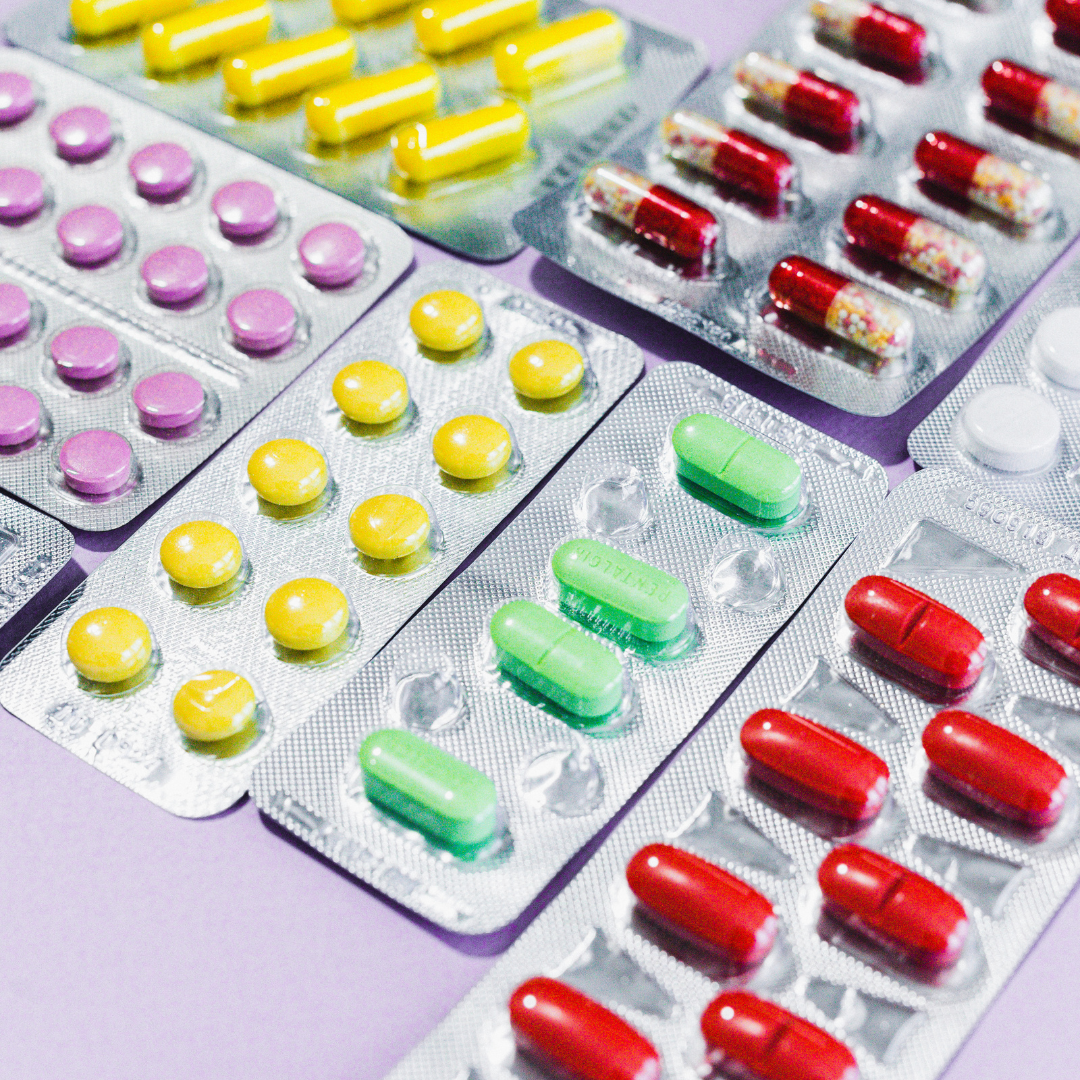Have you ever stopped to think about how much effort goes into keeping medication safe and effective? Whether you’re managing a pharmacy, running a medical facility, or storing medication at home, proper care can make all the difference. Let’s explore seven essential tips to help you store medications correctly and maintain their effectiveness.
- Use Pharmacy Fridges for Temperature-Sensitive Medications
Certain medications, like vaccines, insulin, and biologics, require strict temperature control to stay effective. If you’re managing a pharmacy or healthcare setting, investing in a purpose-built pharmacy fridge is non-negotiable. These fridges are designed to maintain consistent temperatures, typically between 2°C and 8°C, ensuring sensitive medications stay potent.
A regular household fridge just won’t cut it. The constant opening and closing can lead to temperature fluctuations, which can degrade medications. Pharmacy fridges come with temperature monitoring systems, alarms, and even lockable doors to provide an added layer of security.
If you’re storing medications at home, always check the packaging for temperature requirements and never place medication directly in the freezer unless explicitly instructed by a healthcare professional.
- Check Expiry Dates Regularly
How often do you check expiry dates on your medication? If the answer is “rarely” or “only when I feel like it,” it’s time to change that habit. Medications lose their effectiveness over time, and using expired ones can be risky or even harmful.
For pharmacies and clinics, routine stock checks are essential. Implementing a first-in, first-out (FIFO) system ensures older stock is used before newer supplies. At home, take a quick glance at expiry dates whenever you reach for your medicine. It’s a small step that can prevent a lot of trouble.
- Store Medications in a Cool, Dry Place
For medications that don’t require refrigeration, a cool, dry location is ideal. Bathrooms and kitchens are common storage spots, but they’re often the worst due to humidity and temperature fluctuations.
Instead, consider storing medicines in a dedicated cabinet away from direct sunlight, heat sources, and moisture. If you’re running a healthcare facility, this means having well-ventilated storage rooms with climate control to ensure stable conditions.
- Keep Medications Out of Reach of Children and Pets
This might seem obvious, but it’s surprising how often accidents happen. Curious little hands (or paws) can easily find their way into unsecured medication bottles. Ensuring medications are stored in childproof containers and placed on high shelves or locked away can save lives.
In professional settings, this goes a step further. Medications must be stored in secure, restricted areas with clear protocols to prevent unauthorised access. Investing in lockable cabinets or even digital storage solutions can make all the difference.
- Follow Storage Instructions to the Letter
Ever seen phrases like “Store below 25°C” or “Keep away from light” on a medication label? These aren’t just suggestions—they’re crucial for maintaining the medication’s effectiveness. Misinterpreting or ignoring these instructions could render a drug useless or even harmful.
For example, some medications become unstable when exposed to light and need to be stored in amber bottles or dark containers. Others, like certain antibiotics, may degrade if exposed to heat. Always read the label and follow the storage requirements precisely, whether at home or in a professional setting.
- Organise Medication Properly
Proper organisation isn’t just about keeping things neat—it also helps you avoid mistakes like mixing up medications or misplacing items. In pharmacies, categorising drugs by type or usage makes retrieval faster and reduces the risk of errors.
At home, consider using labelled compartments or storage boxes for different types of medication. For example:
- Daily-use medications – Keep these in an easy-to-access spot but still secure.
- Occasional-use items – Store these in a clearly labelled secondary container.
- Temperature-sensitive drugs – Ensure they’re separated and stored as needed, especially in a dedicated fridge if required.
- Dispose of Medications Responsibly
Have you ever wondered what to do with expired or unused medications? Tossing them in the bin or flushing them down the toilet might seem convenient, but it’s harmful to the environment and can lead to contamination.
Instead, take unused or expired medications to your local pharmacy for safe disposal. Many pharmacies offer free medication take-back services, ensuring drugs are destroyed in an eco-friendly and secure manner. This step not only keeps your home or workplace tidy but also helps protect the environment and prevent accidental misuse.
Why It All Matters
Proper medication storage isn’t just about keeping things organised—it’s about safety, effectiveness, and peace of mind. Whether you’re managing a pharmacy, running a clinic, or simply looking after your family’s health, taking these steps ensures that medications work as they should when you need them most.
What’s the first tip you’ll implement? Maybe it’s a new fridge for your pharmacy, or perhaps it’s double-checking expiry dates at home. Whatever it is, every small action adds up to safer, more effective medication use.

